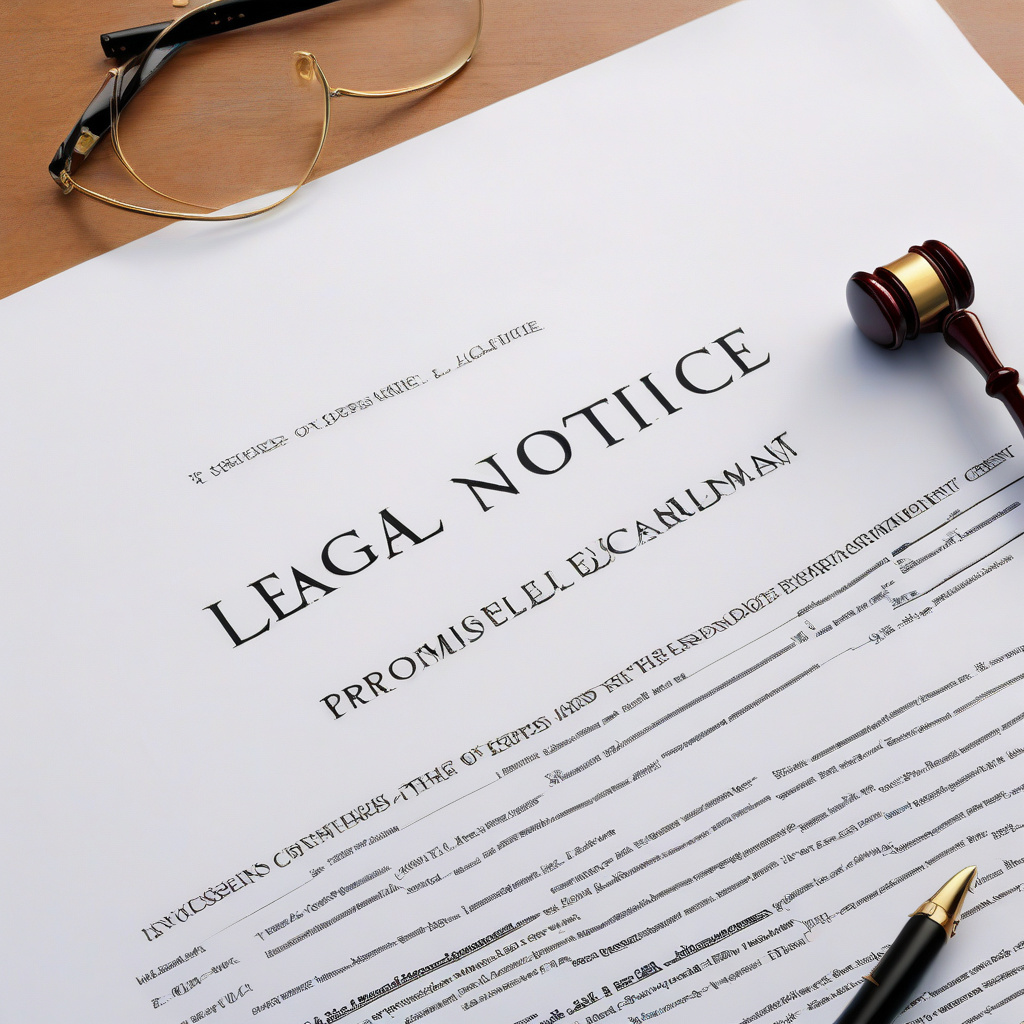Deel, a prominent player in the HR tech industry, has recently made headlines by officially consenting to accept legal papers in the lawsuit brought against them by their competitor, Rippling. This development marks the resolution of a suspenseful period during which Rippling’s attempts to serve Deel’s executives were unsuccessful. The situation escalated to the point where Deel’s CEO and chief legal officer were located in Dubai, raising eyebrows and questions about the complexity of the legal dispute.
This turn of events underscores the intense competition and high stakes involved in the tech industry, particularly in the realm of HR technology. The clash between Deel and Rippling exemplifies the fierce rivalry that often characterizes the sector, where companies vie for market share, technological supremacy, and strategic advantage. Legal battles such as this one not only have significant implications for the companies involved but also serve as a cautionary tale for industry players navigating similar competitive landscapes.
The decision by Deel to accept being served legal documents in the lawsuit demonstrates a willingness to engage in the legal process transparently and address the allegations raised by Rippling. By cooperating in this manner, Deel is signaling its commitment to resolving the dispute through established legal channels, fostering a sense of accountability and adherence to due process. This approach can help bolster Deel’s reputation in the industry and showcase their respect for legal norms and procedures, which are crucial in maintaining trust and credibility, both internally and externally.
Moreover, the geographical aspect of this legal saga, with Deel’s key figures being located in Dubai during the attempts to serve them, adds a layer of complexity and intrigue to the narrative. It highlights the global nature of modern business operations, where companies operate across borders and face legal challenges that transcend national boundaries. The incident serves as a reminder of the interconnectedness of the business world and the need for clear legal frameworks to address disputes that arise in a transnational context.
As the legal proceedings between Deel and Rippling unfold, the industry will be watching closely to see how the case progresses and what implications it may have for the HR tech sector as a whole. The outcome of this lawsuit could potentially set precedents, establish new norms, or influence future strategies and interactions within the industry. It serves as a microcosm of the competitive dynamics at play in the tech world, where innovation, competition, and legal considerations intersect in complex and sometimes contentious ways.
In conclusion, Deel’s decision to accept being served legal papers in Rippling’s lawsuit represents a significant development in the ongoing saga between these two industry giants. It underscores the challenges and complexities inherent in the tech industry, particularly in the realm of HR technology, and highlights the importance of legal compliance and due process in resolving disputes. As the case continues to unfold, it will be intriguing to observe how it shapes the future landscape of the industry and influences the behavior of companies operating in this competitive space.

